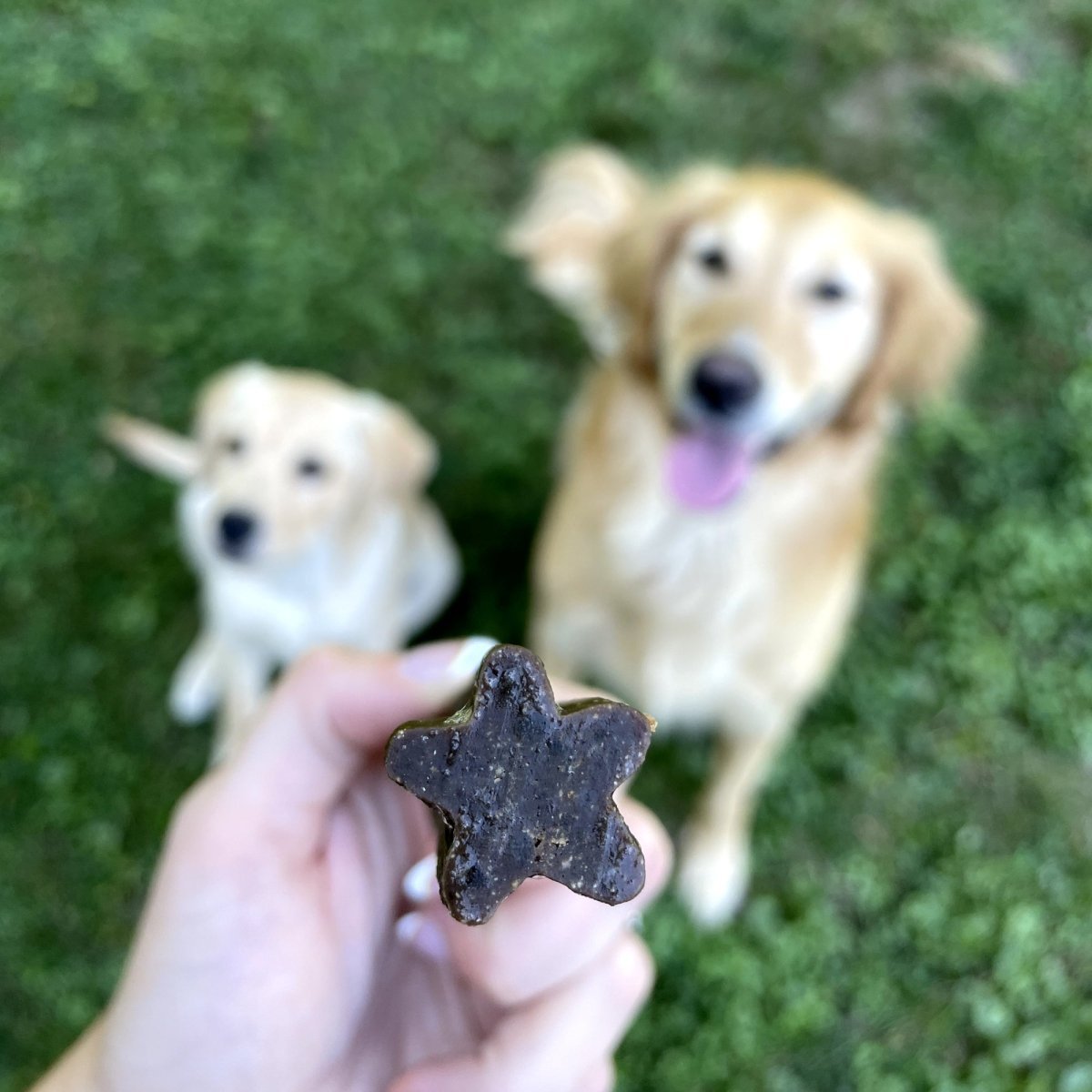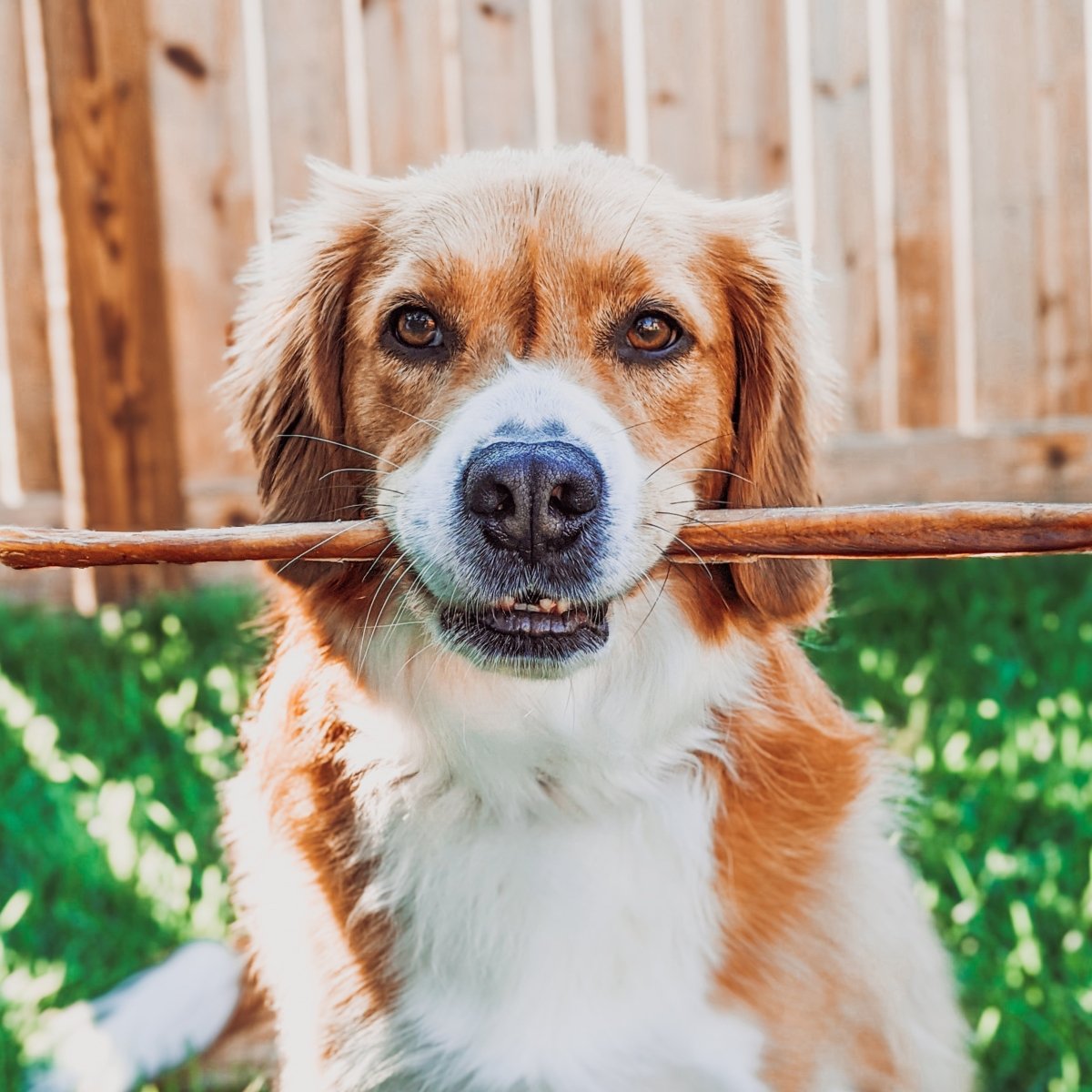
In a way, every dog owner is an expert on their own dog. Owners know what kind of treats their dogs like, where their dogs like to be pet, and all the traits and quirks that make their dogs unique. Surprisingly, one behavior most owners can’t always explain is why their dogs bury bones.
Why do dogs bury bones?
While the answer isn’t totally conclusive, a common consensus from certified dogexperts is that dogs bury their dog bones because it’s instinctual.
As much as we hate to admit it, nature didn’t naturally intend for dogs to become our canine companions. Before their domestication by humans thousands of years ago, dogs were wild and often had to hunt or scavenge for food.
Back then, burying food would be a good survival tactic. Why? Because it may have helped protect and preserve food.
In terms of food protection, burying food possibly allowed wild dog hunters to manage their food supply. If there was food left over after a successful hunt, dogs that buried their food could easily return to it when a second helping was most needed later.
Burying food underground could also prevent other predators and scavengers from stealing it for themselves. Some allege that burying food also threw off its scent, making it more difficult for others on the hunt to find it.
In terms of food preservation, burying food also possibly let wild dogs store it for longer. Hiding food from constant sunlight not only may have kept it cool, but also could have stopped it from spoiling and going rancid.
As you can see, the reason why dogs bury their bones may simply be a part of their ancestry. Even though dogs today don’t have to hunt for their food, burying can be just another one of their instincts.
Is it bad for dogs to bury bones?
Although burying may be an instinctual behavior, it still can turn into a bad habit.
You should really only be concerned about your dog burying bones or other things if it happens excessively or becomes a nuisance to both you and your backyard.
If you’d like to get your dog to stop their burying, give any of the following a try:
No matter what you try, never punish your dog for burying bones; after all, it may just be something they were born to do! If you’re seriously concerned about your dog’s inclination to bury things, contacting your veterinarian is always a good idea.
--
Love learning about primal instincts? Check out our blog post on why dogs chew. And to browse a selection some of the best treats and chews, check out our website.
Comments will be approved before showing up.

Dental chews keep plaque in check and gums strong. Read here to learn about nature's toothbrush!

Single-ingredient dog chews and treats are crafted using only one whole food source!

Check out our guide on different types of chews to help you decide on the best chew for your dog!